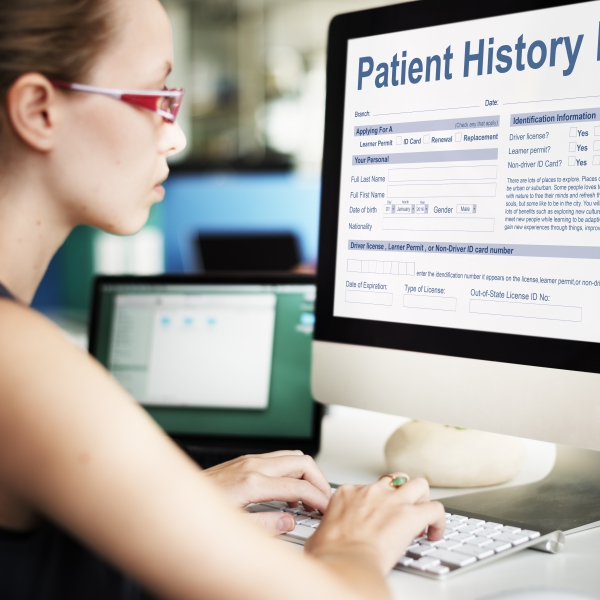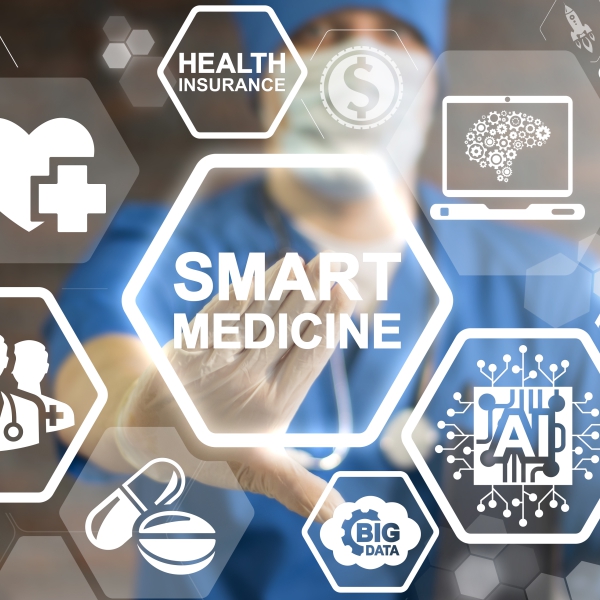Dr. Tara is a pathologist, and her job requires her to examine hundreds of samples every day. Recently, she was introduced to a new work associate – an AI-based screening system that could identify samples indicating cancer risk, and send only those specimens to the experts for further examination. Initially, Dr. Tara was reluctant about the competence of her new colleague, but with time and trial, she realised the value of its unbiased second opinion. Today, her AI system enables her to examine more samples in less time and also enhances her productivity by allowing her to focus on cases that really need her expertise.
Moving beyond the realm of path-labs, application of artificial intelligence can be seen in varied facets of healthcare. Its ability to process extensive medical data like patient records, clinical notes, treatment options, etc helps the medical fraternity get quick access to valuable information, often allowing them to speed-up their decisions. For instance, if a Doctor comes across a patient with symptoms that he has never encountered before, he doesn't need to prescribe a hundred tests to draw an analysis any more. All he needs to do is log into the data pool...find another patient with a similar problem in any part of the world...seek AI assistance to scroll through relevant data...and diagnose the disease in no time!

Diagnosis in fact is the most complicated part of healthcare, and doctors usually take into account the patient's symptoms for drawing their analysis. But what happens when detectable symptoms appear too late, like in the case of Alzheimer's? Nowadays, AI applications in healthcare can discover faint signatures of latent diseases well-ahead in time, and increase the probability of a patient's recovery. A successful case in point is the effective AI healthcare solution that identifies positive cases of Tuberculosis from a simple chest x-ray, leading to early intervention and in most cases - a positive outcome.
Another advanced application of artificial intelligence in healthcare can be seen in drug discovery where its role goes beyond the obvious technological assistance and contributes towards saving enormous amount of time and money. It's a known fact that new drugs usually take 10-15 years to traverse from their stage of clinical research to being written on a doctor's prescription, and this often crosses anticipated timelines and budgets. Today, AI applications in healthcare can make accurate predictions about possible side effects of new drugs and offer other valuable insights according to previously processed data, considerably reducing the time and expenditure on drug development.

All these applications of AI seemed impossible till a few years ago, but now, they are being driven towards a tangible reality. One of the most fascinating extensions of AI healthcare technology these days is 'explainable' artificial intelligence i.e. a machine capable of explaining its decisions and actions to human users! Hitachi has recently developed a system which helps the doctors predict the risk of hospital re-admissions within 30 days for patients with heart failure. This technology selects appropriate patients for the re-admission prevention program following their hospital discharge, explains the reason why they are at high risk, and helps in reducing their chances of re-admission. Bringing such phenomenal AI technologies to the forefront, Hitachi is steering the way on the road to healthcare analytics.

